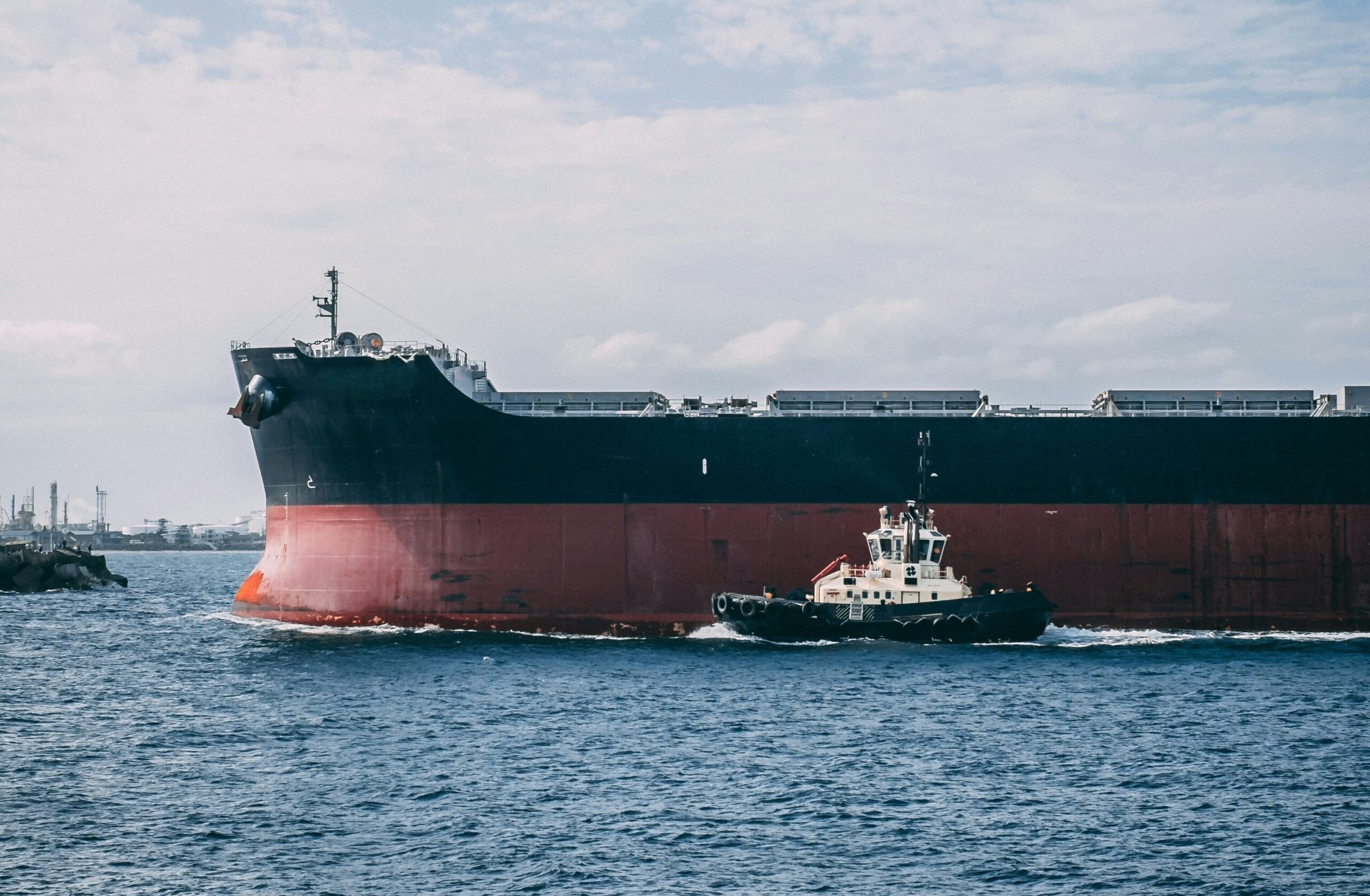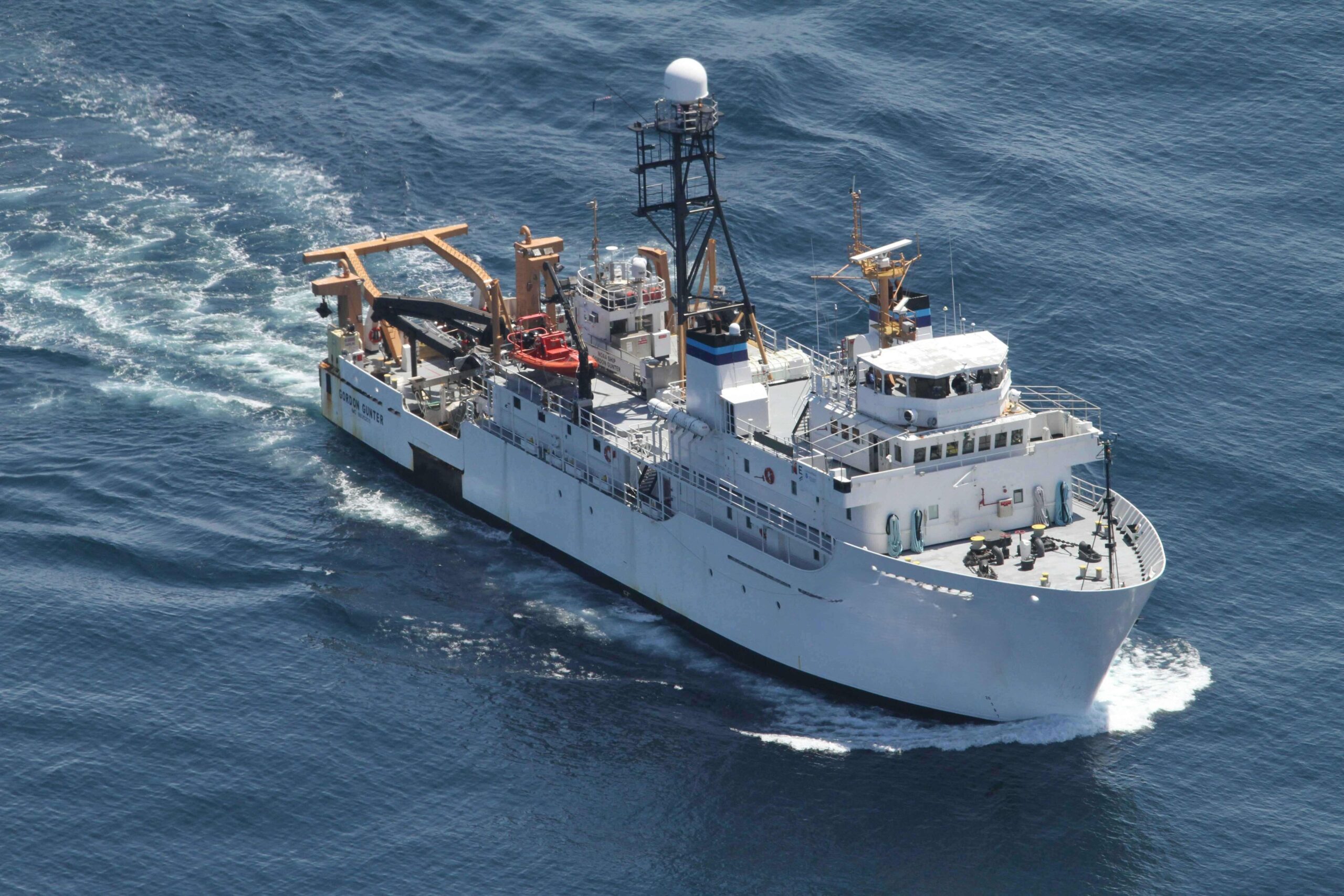Thermodynamic Efficiency of Various Bunker Fuels in Marine Engines
Introduction The efficiency of marine engines, crucial for the maritime industry’s sustainability and operational costs, is directly influenced by the thermodynamic properties of bunker fuels used onboard. Bunker fuels, derived from crude oil refining, encompass a range of grades with varying compositions and
Ship Engine Design Considerations for Different Bunker Fuels
Introduction Ship engines are critical components in maritime transportation, powering vessels across the world’s oceans. The design and operation of these engines must align with the specific characteristics of bunker fuels used onboard. With various grades available—from heavy fuel oils to cleaner alternatives
Environmental Impact of Bunker Fuels: Emissions and Regulations
Introduction Bunker fuels are essential for powering the global maritime fleet, yet their environmental impact is significant. Emissions from these fuels contribute to air pollution, climate change, and the degradation of marine ecosystems. This article explores the environmental impact of bunker fuels, focusing
Biofuels: The Next Frontier for Marine Fuel
As the maritime industry strives to reduce its environmental impact, biofuels have emerged as a promising solution to meet stringent regulatory standards and sustainability goals. This in-depth article examines the potential of biofuels as the future of marine fuel, exploring their benefits, challenges,
Sustainable Shipping Initiatives and Bunker Fuel
The maritime industry is undergoing a significant transformation as it seeks to address global environmental challenges. Central to this shift are sustainable shipping initiatives aimed at reducing emissions and promoting the use of cleaner bunker fuels. This article examines the key sustainable shipping
Impact of Renewable Energy on Bunker Fuel Economics
The maritime industry is facing a transformative shift as renewable energy sources begin to play a more significant role in its operations. As the world moves towards a more sustainable future, the economics of bunker fuel—traditionally dominated by heavy fuel oil (HFO) and
Innovative Financing Solutions for Clean Marine Fuel Projects
The maritime industry is undergoing a significant transformation as it seeks to meet stringent environmental regulations and reduce its carbon footprint. The transition to clean marine fuels, such as LNG, hydrogen, and biofuels, is essential for achieving sustainability goals. However, the high capital
Future Prospects of Hydrogen as Marine Fuel
The shipping industry is at a critical juncture as it seeks to balance economic growth with environmental sustainability. With mounting pressure to reduce greenhouse gas emissions and adhere to stricter regulations, hydrogen has emerged as a promising alternative marine fuel. This article provides
The Future of Wind-Assisted Propulsion in Commercial Shipping
Energy-efficient ship designs represent a pivotal advancement in the maritime sector, offering significant economic benefits alongside environmental advantages. This article explores how modern ship designs prioritizing energy efficiency can lead to cost savings, operational efficiencies, and sustainable financial outcomes for shipowners and operators.
Bunker Fuel Recycling: Opportunities and Challenges
Bunker fuel, a vital energy source for maritime vessels, is undergoing scrutiny amid global efforts to reduce carbon footprints and adopt sustainable practices. The concept of bunker fuel recycling has emerged as a potential solution to address environmental concerns associated with marine emissions.










